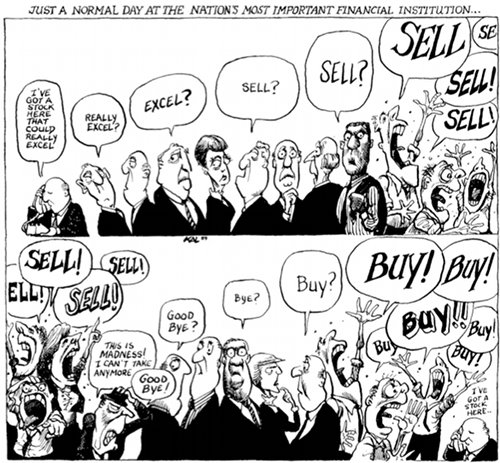The Story
Recently, the Korean Securities and Futures Commission ruled that Samsung Biologics committed accounting fraud in 2015 to inflate its profit prior to its IPO in 2016 and fined the company $7 million. This led to the dismissal of the company’s CEO. The commission also ordered the stock market operator to review whether the company should be delisted from the exchange. Currently, the shares of Samsung Biologics are under a trading halt until the authorities decide on the fate of the company.
Samsung Biologics is a South Korean pharma business which operated two divisions i.e., a CMO business and Biologics productions business. At the end of 2017 the company’s market cap was $22 bn on just $400 m of revenues. According to the Street, the company was supposed to break even by 2018 and turn profitable by 2019. In 2017, Samsung traded at 180x forward earnings while the second largest CMO in the world Lonza traded at 20x forward earnings. It was clear that a lot of hope and optimism was built into the share price.
Our View
After taking over the management of the funds in December 2017, we exited several overvalued stocks such as Samsung Biologics that were considered market “darlings” since they did not fit within our investment philosophy. Some of these decisions hurt the relative performance of the funds as their share prices continued to increase in value, but we stuck to our philosophy and avoided buying them.
We initially decided to remove Samsung Biologics from our portfolio in December 2017 due to its exorbitantly high multiple. The market had priced Samsung Biologics at perfection; effectively, it believed that the company would become the world’s largest CMO capacity without any execution challenges. Based on our experience of operating businesses, we understand that they do not grow linearly and that headwinds are inevitable.
Simultaneously, management’s promises of strong growth and profitability in its biosimilars venture were hard to substantiate. Our analysis of the biosimilar industry indicated that other market players were launching (or had intentions to launch) into similar molecules. This would result in increased competition in a market where both success and adoption rates are still nascent. Thus, over the last year, other innovative companies who, too, wanted a piece of the biosimilars pie have been introducing aggressive pricing plans.
During a bull market (which we have been in for the last decade), market participants throw caution to the wind and buy into stories about fancied businesses – simply put, they were not pricing any execution or market risks in the share price. We managed to refrain from paying a premium for a business riddled with performance uncertainties, and as Samsung Biologics’ stock corrected over the last two months, it became clear that overpaying for a business priced to perfection is not a sound way to make money.
